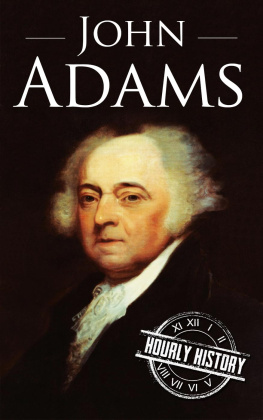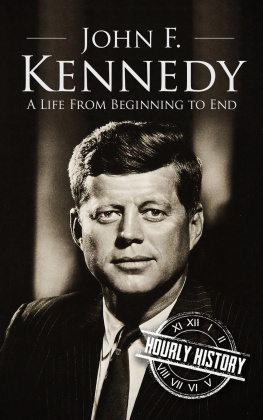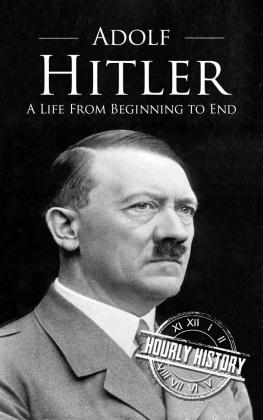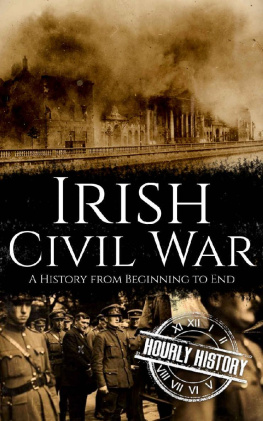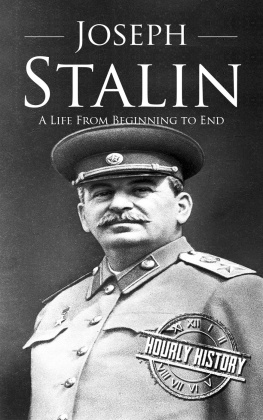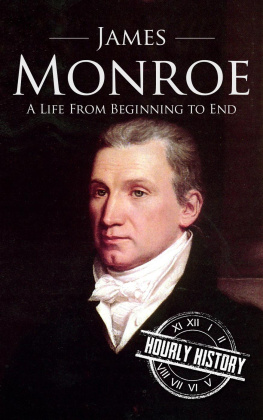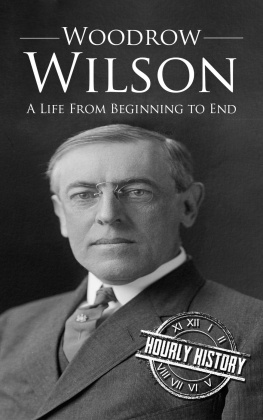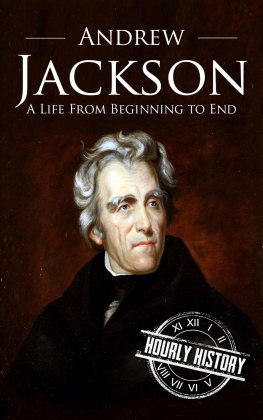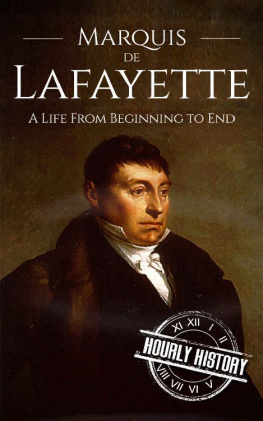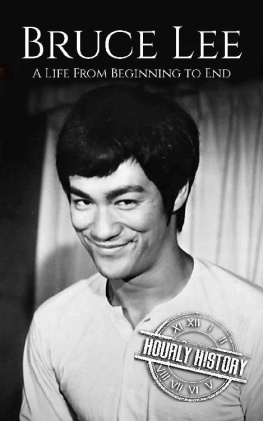J ohn Adams was a passionate husband, married to a wife whose brilliance matched his own at a time when women were expected to be utilitarian and ornamental but not the equal of their spouses. He was ambitious but honest, vain but realistic. He held lofty goals that were often dashed. John Adams, the son of a Massachusetts farmer who, through his own abilities, rose to the highest office of the nation that he helped to create, was evidence that the American experiment was a success.
Adams became proof positive that men (and women, although his wife Abigails request for him to remember the ladies when devising the strategies that would bring about independence did not see results during their lifetimes) who came from ordinary backgrounds could rise as gentlemen of merit rather than birth. It was a concept which the British Empire failed to understand - and it cost them the thirteen colonies.
His years in Philadelphia and in Europe in service to his country meant that Adams and his beloved Abigail endured years of separation. He was often an absent father to his children, and it was Abigail who was the constant figure in their lives. Two sons would be afflicted with a weakness for alcohol; Abigail and John would take care of the widow and children of son Charles, who died of cirrhosis of the liver, and later also care for the children of youngest son Thomas. Their daughter, named for her mother and known as Nabby, died of breast cancer and left her children in her parents care because her husband was irresponsible. As their grandson, Charles Francis Adams, the son of John Quincy Adams noted, the history of my family is not a pleasant one to remember. It is one of great triumphs in the world but of deep groans within one of extraordinary brilliancy and deep corroding mortification.
In assessing the achievements of John Adams, the reader is called upon to excavate the essence of the man hidden beneath the layers of political calumny, revolutionary fervor, marital devotion, paternal tragedy, and personal character. John Adams was a complicated man whose accomplishments benefitted the United States of America. When judging him, one must also weigh the results of his acts and decisions. In the end, it is impossible to evaluate the progress of the nation without taking into account the role of this most complicated of Founding Fathers.
John Adams, the Farmers Son
I read my eyes out and cant read half enough...the more one reads the more one sees we have to read.
John Adams
T he sire of Americas first political dynasty did not, as a child, appear to exhibit any aspirations which indicated that he had his sights set on prominence. His father, however, was very involved in local government, serving as a Braintree, Massachusetts selectman, constable, and tax collector, as well as a deacon in the Congregational Church. The Adams family, living in what is now Quincy, located fifteen miles south of Boston, consisted of John Adams the father, mother Susanna Boylston Adams, the eldest son John, and two younger brothers, Peter and Elihu. The Adamses came from Puritan stock and had been in the Massachusetts Bay Colony for generations.
Although their founding father was a Puritan, he was not one of the rigid and radical gloomy sect that is typically conjured by the reference. Henry Adams had left England for Massachusetts in 1638, settling near the coast in Braintree to raise a family and live as a farmer. Although little is known about him, he must have possessed some regard for learning because his son, named John, was fond of reading, as was the elder John Adams wife, Susanna. It was a passion which they intended to pass on to their eldest son, but John the younger seemed resistant.
As a child of six, the boy was sent to a dame school run by a female named Dalme Belche, where he studied reading, arithmetic, and the tenets of the Protestant religion. However, young John Adams, born October 30, 1735, was more interested in outdoor activities such as hunting than in education, something which troubled his parents, especially when their son took his gun to school so that he didnt have to waste his time returning home but instead could put the time to good use by hunting on the way. There were also times when the boy neglected to go to school at all, preferring to spend his day hunting or fishing.
Hunting was a very good pastime in colonial Massachusetts, but the Adams parents expected more from their eldest son. The Adams family lived a comfortable life but not a wealthy one, and they intended for their son to have a formal education so that, they hoped, he would become a clergyman. When his father asked him what he wanted to do with his life, John Adams, age ten, replied that he wanted to be a farmer, like his father. The elder John Adams obliged, taking his son to the fields to work. His objective was to prove to the boy that farming was hard labor. However, his lesson was wasted; when asked how he liked being a farmer, the boy replied that he liked it very well.
His parents didnt lose sight of their educational goals for their son, however, and they were not raising him to be a farmer. When Adams the son argued that he didnt want to stay in school, his father replied, You shall comply with my desires. The boy was going to get an education whether he wanted it or not.
Later, he went to the Braintree Latin School, founded by Joseph Cleverly. It offered a preparatory course for young men to ready them for their entrance exams, but still, John Adams disliked the educational process as much as he disliked his schoolmaster. Intent on his sons education, the senior Adams hired a man named Joseph Marsh to prepare his son for the exams. Marsh, who ran a boarding school for boys who lived out of town, was a very different kind of teacher from what Adams had experienced so far, with a broader approach to his work that ignited a love of books and self-discipline in his student. Within a year, Adams was ready for the entrance exams to Harvard.
Adams, at the age of fifteen, enrolled at Harvard College. Thanks to the influence of Marsh, Adams was no longer the lackluster student and was already displaying the signs of his intellectual abilities. He graduated from Harvard in 1755 and delivered a commencement speech which was so impressive that it led to a position at the Central School of Worcester, where the Reverend Thaddeus McCarty hired him to teach grammar school boys and girls.
For Adams, the absence of intellectual stimulation was not compensated by the privilege of training young minds; as he worked, he pondered what his future should be. Should he follow his fathers intention and become a clergyman? That path was somewhat compromised by the fact that he was, in terms of Boston philosophy, an unorthodox thinker, not a trait prized in members of the clergy.









